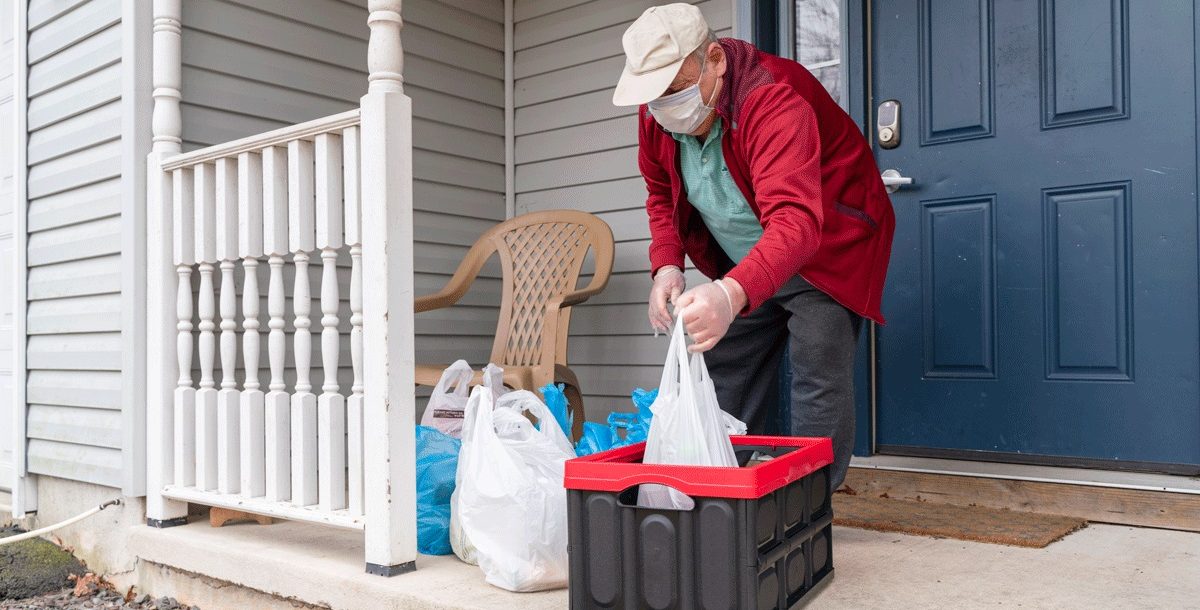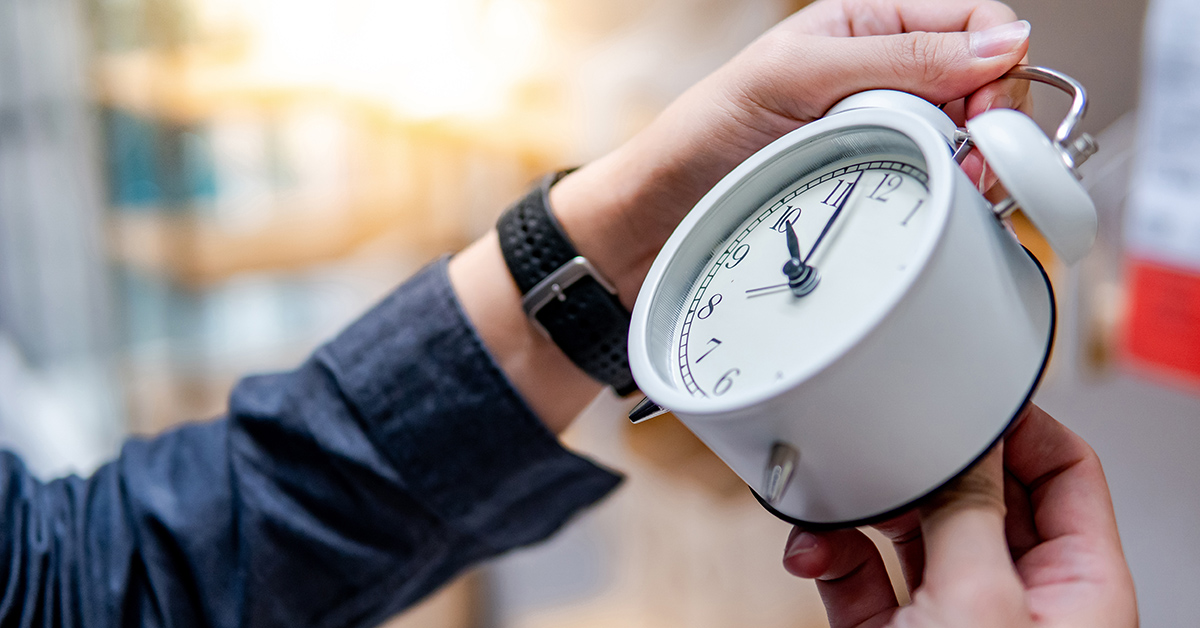COVID-19 does not discriminate and can infect any person at any age. However, based on data being collected about this new virus, there do seem to be certain people who are at high risk for serious illness if they are to contract COVID-19.
Do you or a loved one fall into the high-risk category? Learn more about these groups of individuals as well as what precautions they can take to stay safe.
Which individuals are at high risk for illness with COVID-19?
Based on current COVID-19 information, the following people are at the highest risk for serious illness, according to the Centers for Disease Control and Protection (CDC).
- Individuals ages 65 and older
- Individuals currently living in a nursing home or long-term care facility
- Individuals with the following underlying medical conditions:
- Serious heart conditions
- Diabetes
- Liver disease
- Severe obesity
- Chronic lung disease
- Mild to severe asthma
- Chronic kidney disease, currently undergoing dialysis
- Compromised immune system
For the compromised immune system group, this can be caused by many different factors, including bone marrow and organ transplants, smoking, cancer treatments, long-term use of immune-weakening medication, untreated HIV or AIDS and other immune deficiencies.
Keeping at-risk individuals safe during this time
There is no doubt a lot to consider right now if you or a loved one fall into one or more of the categories listed above. It can be hard to figure out the best precautions to take during this COVID-19 outbreak, as well as the things you’ll need to prepare for.
Check out these tips on how high-risk individuals and their loved ones can work together to keep everyone safe during this time.
Daily precautions for high-risk individuals to take:
- Wash your hands often and properly
- Stay home as much as possible
- Clean and disinfect areas of your home consistently
- Stock up on household, food and medication supplies
- Avoid sick individuals
- Take time to manage any stress and anxiety
- If you need to go out in public, wear a face covering and stay at least six feet away from others
- Stay connected with your health care provider about any ongoing medical conditions
Have a plan in case you get sick:
- Have enough pain, fever reducing and cough medications on hand to help manage any COVID-19 symptoms
- Pick a family member, friend or neighbor to call for help
- Have a backup individual in case your initial caregiver becomes sick
- If you have a pet, have someone in place to care for it during your illness
- If at any time you are having a medical emergency or experiencing severe respiratory distress, go to your nearest emergency room or call 911
What family members and caregivers of high-risk individuals need to do:
- Offer to pick up any food, medications and other essential items so the high-risk individual can stay home
- Have a list of the medications your loved one is taking, and make sure they have enough refills
- Stock up on their non-perishable food and monitor their other medical and household supplies
- If you serve as a primary caregiver for a high-risk individual, be sure to limit your own exposure in case you need to care for them in person
- If your loved one is in a nursing home, stay connected with the staff and get educated on their protocol if an outbreak does happen
Stay updated on what Bon Secours is doing related to COVID-19.





